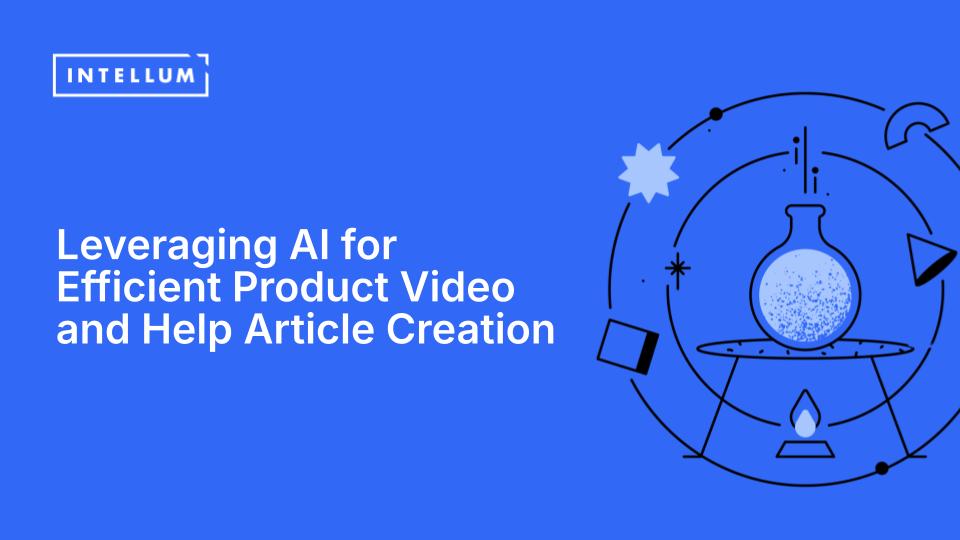Partner education is an essential strategy for organizations looking to scale efficiently, drive revenue, and ensure partners are equipped with the knowledge they need to succeed. But where do you begin?
Katie Bernal, who built the partner education program at Alarm.com, shared her insights on six critical components that set a strong foundation for partner education. Whether you’re launching a new initiative or refining an existing program, these elements will help ensure long-term success.
1. Define Clear Goals & Impact
Before diving into content creation or platform selection, start with your ‘why.’
- What business challenges will partner education solve?
- How will you measure success?
- What impact should education have on your partners and customers?
Your goals should be tied to measurable business outcomes like reducing ramp time, improving partner retention, and increasing revenue impact. Without clear goals, your program risks becoming a dumping ground for content rather than a strategic driver of growth.
2. Align Stakeholders & Communicate Early
A successful partner education program requires alignment across teams, including:
- Sales & Partner Enablement – Ensure training supports selling motions.
- Customer Success & Support – Integrate education into partner service models.
- Product & Marketing – Reinforce consistent messaging and positioning.
Internal misalignment can lead to duplicate efforts, confusion, and a disjointed experience for partners. Clear communication and shared ownership ensure partner education becomes a core part of business strategy rather than an isolated initiative.
3. Hire the Right People
Building a partner education team isn’t just about hiring traditional instructional designers. Katie advises looking for a diverse skill set, including:
- Strong communicators who can collaborate with SMEs and partners.
- Data-driven professionals who can measure success and iterate appropriately.
- People with sales or customer success experience who understand partner challenges.
Partner education often requires cross-functional collaboration, adaptability, and an openness to experimentation.
4. Develop a Learning & Content Strategy
Not all partners need the same training, and not all content needs to be created from scratch. Start by asking:
- Who are your partners? What do they need to know to succeed?
- What formats work best—on-demand, live training, certifications?
- How can content be repurposed from customer education or internal enablement?
Katie stresses prioritizing training that will drive measurable results for partners and the business; you can’t do it all!
5. Choose the Right Enablement Tools & Operations
Partner education must be scalable and accessible. This means integrating:
- A knowledge base for self-service support.
- A learning management system (LMS) for structured training and certifications.
- CRM & partner portals for tracking engagement and impact.
Having disconnected systems creates friction in the learning experience. Your tools should integrate seamlessly so partners can access training within their existing workflows.
6. Gather & Act on Partner Feedback
Your partners are your best source of insight into what’s working—and what’s not. Katie stresses that feedback loops should be:
- Continuous – Not just post-training surveys, but ongoing check-ins.
- Actionable – If partners struggle with a concept, adjust training accordingly.
- Shared Across Teams – Insights should inform sales, product, and support strategies.
By treating partner education as a two-way street, you not only improve learning experiences, but also strengthen relationships.







